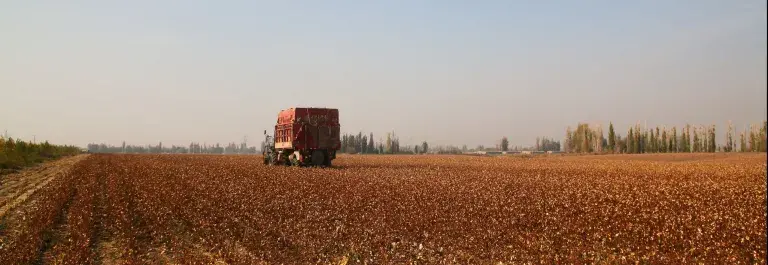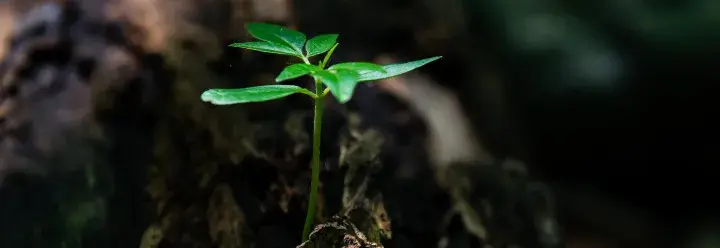Corporate due diligence and voluntary standards - a look forward
As we enter 2020, one big question is whether the European Union will bring in legislation on corporate human rights and environmental due diligence. In 2019, pressure for an EU-wide approach increased and went beyond NGOs and activists, as cocoa importing companies, Fairtrade and Rainforest Alliance called on the EU to put in place effective measures.
With several countries adopting a range of laws that mandate corporate due diligence, many international companies are facing an increasingly complex patchwork of due diligence-type regulations.
Apart from national laws, leading companies are also adapting their policies to fit the UN Guiding Principles for Business and Human Rights or the OECD's Due Diligence Guidance for Responsible Business Conduct - two global frameworks that set out broad rules for corporate due diligence.
While some of the new regulations focus on issues such as child labour and modern slavery, there is a trend towards mandatory due diligence for human rights and responsible conduct more broadly. The French duty of vigilance law, adopted in 2017, is the best-known example. Germany and Finland might move ahead with similar business regulations in 2020.
The challenge of implementation
A legal floor that compels companies to assess and address their negative impacts could be a watershed moment for sustainability.
It would further a demand that ISEAL and its members have long been advocates for; that companies need to adopt transparent and effective supply chain policies and invest in the most problematic areas of their supply chain.
However, while some of these new laws have already entered in to force, for many companies it remains unclear what implementation and compliance looks like. One challenging issue is how they can use external supply chain initiatives or tools, such as voluntary sustainability standards and certification systems, in their due diligence efforts.
Leveraging effective due diligence tools
To provide clarity in this area, a new ISEAL briefing note summarises how standards systems and certification can be integrated into corporate due diligence efforts. The background research behind the briefing indicates that while standards systems are not a ‘silver bullet’ for conducting corporate due diligence in supply chains, they can and do play an effective supportive role for a wide range of businesses.
However, standards organisations can and should enhance their usefulness as due diligence tools. For example, by revising their requirements and scope, providing better and more detailed risk data, and enhancing their complaints and dispute management procedures.
While standards work to innovate and adapt, companies can already use them as part of their due diligence efforts – provided they understand the strengths and weaknesses of third party standards or initiatives, and build an effective due diligence policy around this insight. This means, for example, that businesses should not limit their due diligence policies and efforts to the procurement of certified goods or volumes.
The need for collective solutions
As due diligence on human rights and responsible business conduct becomes mainstream practice, it is important that tools and initiatives for sustainable market transformation, such as credible sustainability standards, become part of the conversation.
While legal frameworks that focus on corporate responsibilities are a critical new development, we cannot expect the due diligence efforts of individual companies to solve complex issues such as forced labour, living wages or deforestation. Addressing these issues requires collective solutions. Concretely, this means coordinated investment into partnerships and actions that target and support the highest-risk producers, workers, communities and ecosystems.
If 2020 is the start of a new era of mandatory corporate due diligence, we are hopeful this will deliver meaningful change that builds on existing solutions and unlocks more sustained and coordinated supply chain investment.
ISEAL and its members are committed to help make this new era a reality.


